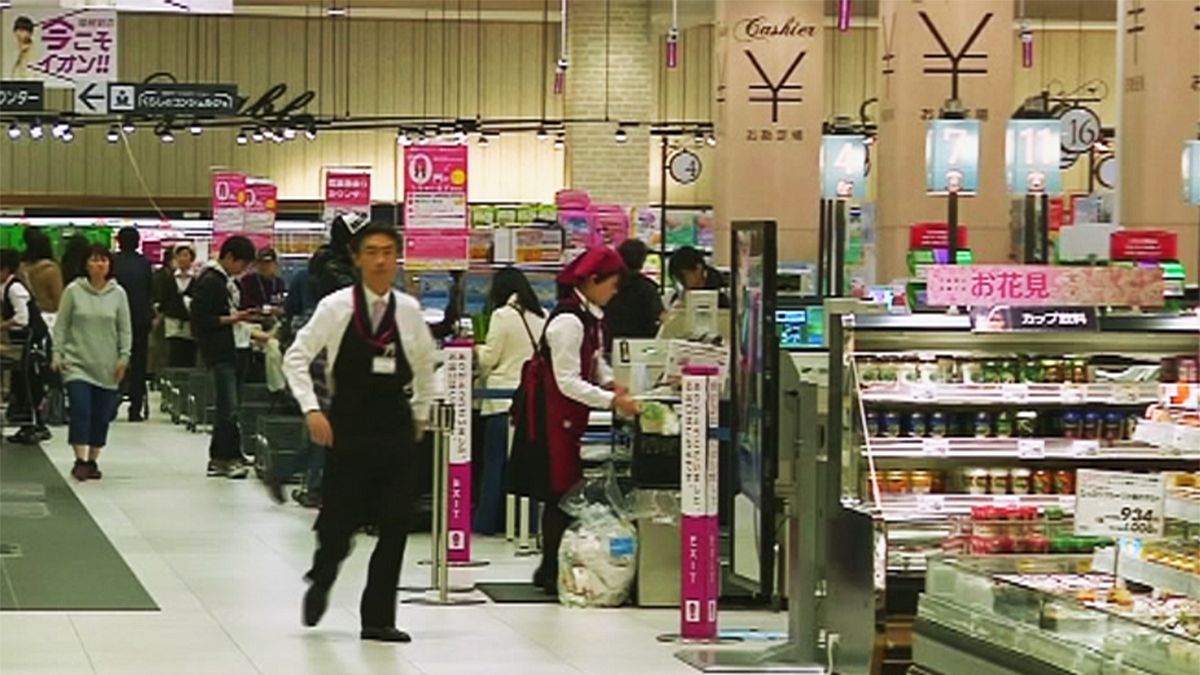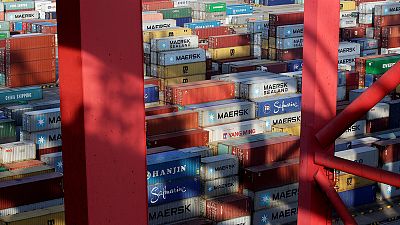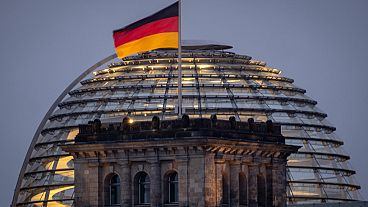Japan's economic growth was stronger than expected in Q3 but the election of Donald Trump is casting uncertainty over its export prospects.
Japan’s economic growth was stronger than expected between July and September.
A recovery in exports meant gross domestic product expanded again.
The world’s third-largest economy grew by 2.2 percent in the third quarter compared to the same period last year – well up on the 0.7 percent increase from April to June.
Exports grew 2.0 percent, the fastest gain in a year, but the increase was driven by potentially one-off factors such as a boost in shipments of smartphone parts.
In addition domestic spending was weak and it is unclear if it will improve which is increasing concerns about how sustainable that recovery is.
Trump policy uncertainty
Japan is export dependent and there is now a lot of uncertainty over those exports following Donald Trump’s victory in the US presidential election.
There are concerns about the possible derailing of a trade pact that is central to Prime Minister Shinzo Abe’s plans to revive growth, including kick-starting the export sector.
Trump has expressed strong opposition to the Trans-Pacific Partnership (TPP), a 12-nation agreement spanning some 40 percent of the global economy. The pact is now considered dead.
The US and Japan are the two biggest members, but the trade deal became a hot-button issue during the US election campaign, with critics including Trump saying it would cost American jobs.
Businesses fret over #Trump victory – The Japan News https://t.co/mByA9V05U0#JapanEconomy#TPP#トランプpic.twitter.com/myg7FFJaUf
— The Japan News (@The_Japan_News) November 11, 2016
Bank of Japan optimistic
As the latest growth figures were announced, Bank of Japan Governor Haruhiko Kuroda maintained his optimistic view of the economy, saying it was on track for a moderate expansion as exports and output rebounded thanks to an expected improvement in the global economy.
But he acknowledged that private consumption was “somewhat lacking momentum” and making some companies hesitant to raise the prices of their goods and services – potentially delaying achievement of the central bank’s 2 percent inflation target.
The bank has said it is now looking at reaching that by March 2019 – four years later than its original timetable.



